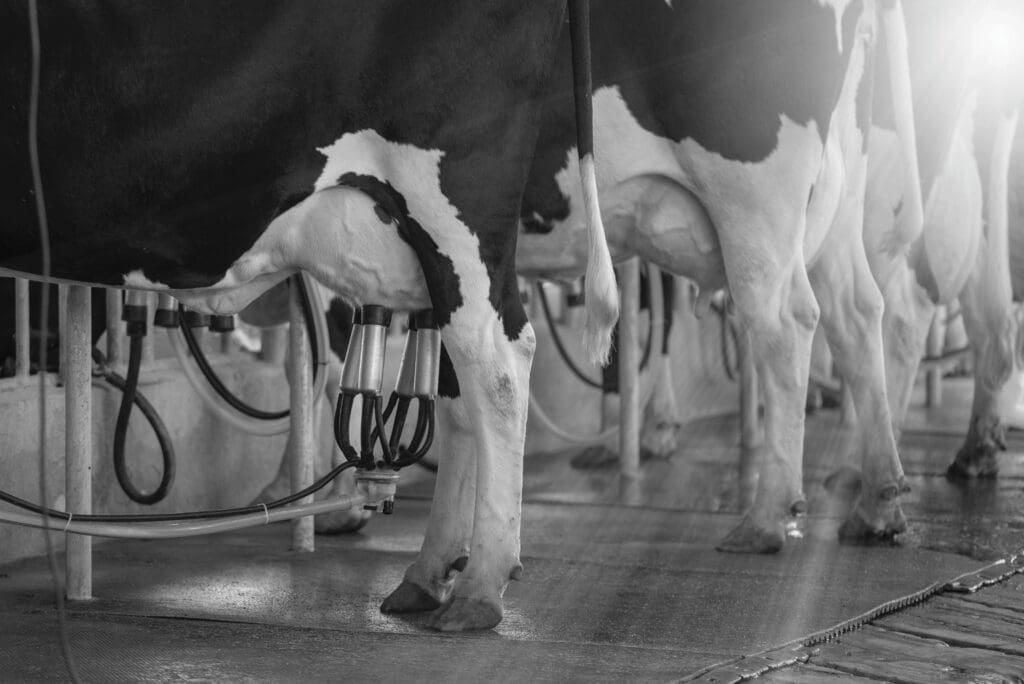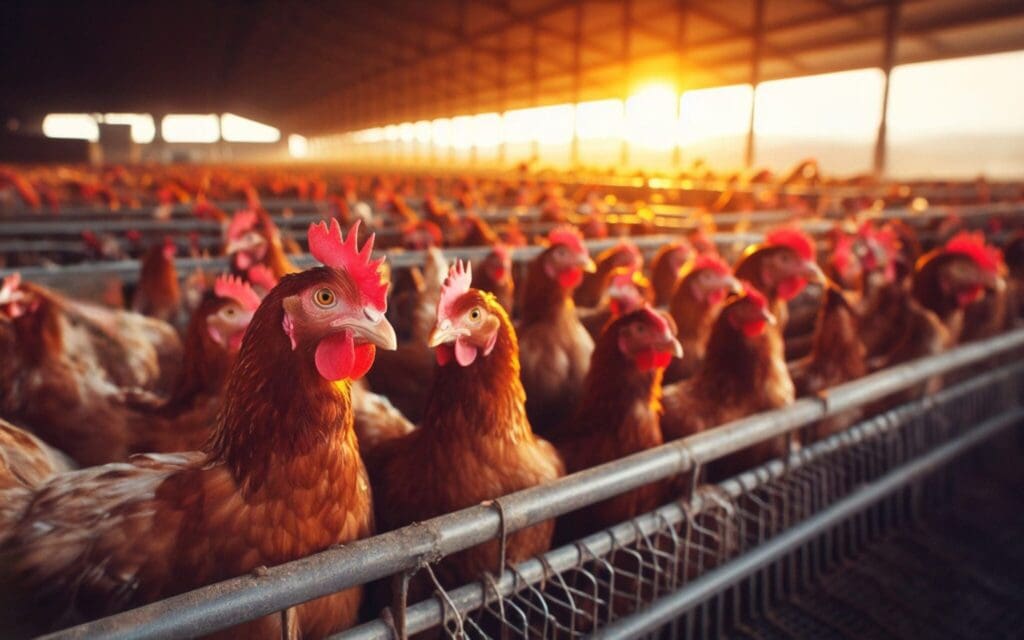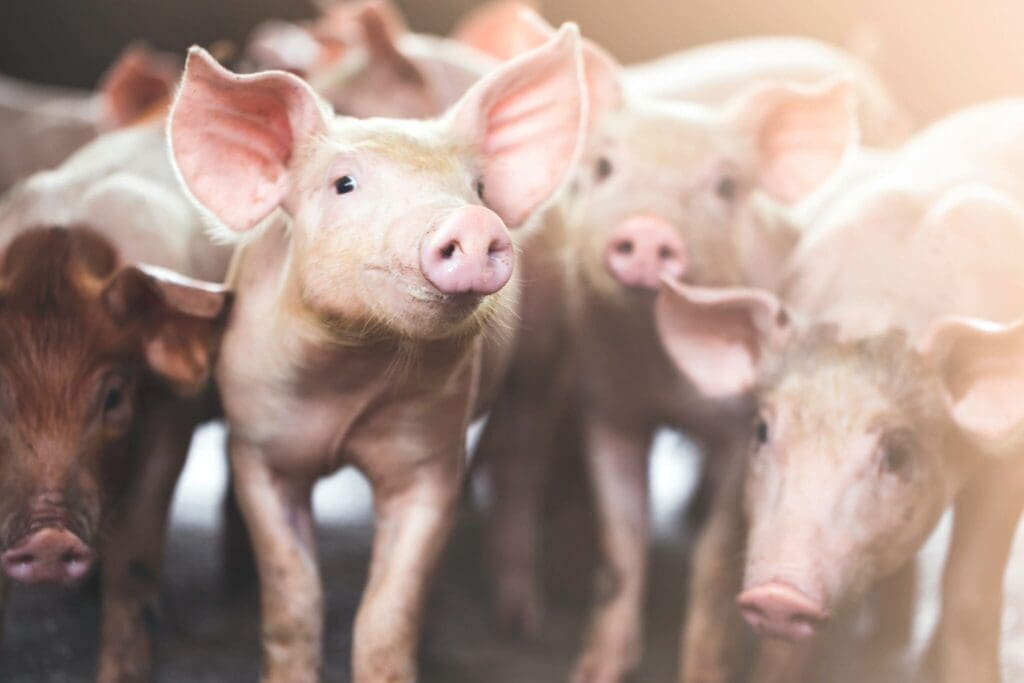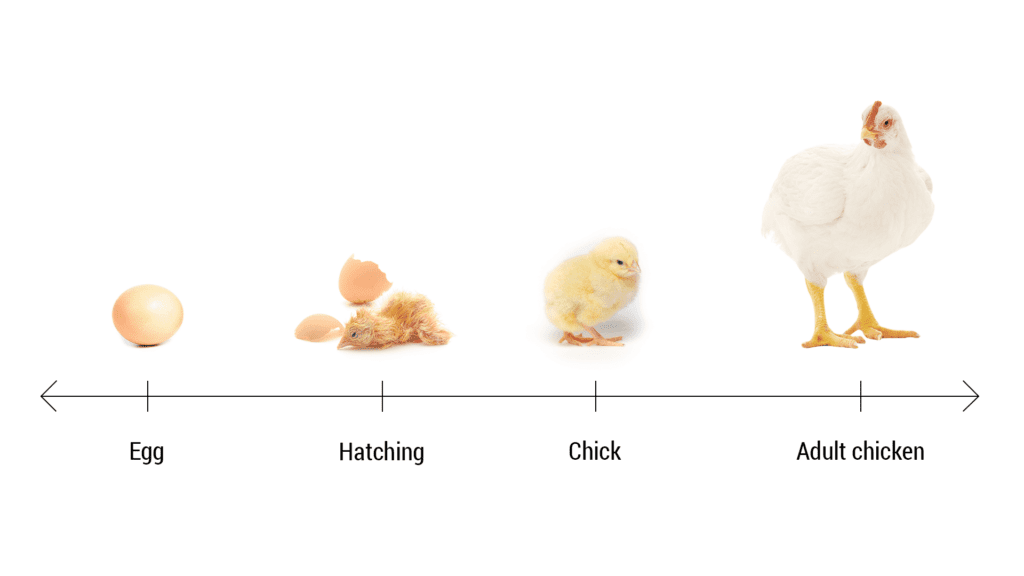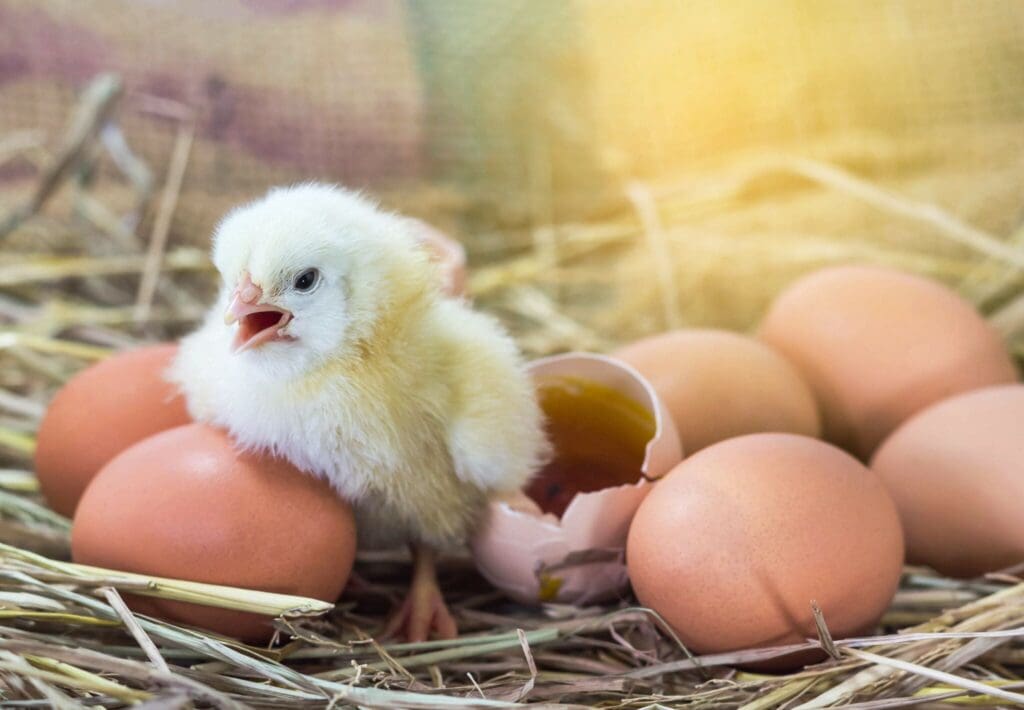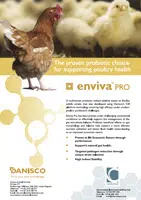Introduction
Matching a drive to improve performance whilst simultaneously controlling bacterial disease in livestock animals has been a constant struggle for poultry producers. To date, antibiotics have played a significant role in alleviating bacterial challenges and have shown improvements in performance. However, the increasing consumer resistance to antibiotics for sub therapeutic use (which has already resulted in the ban of antibiotics as growth promoters in European Countries) is forcing the industry to find new solutions to this long standing problem. The world is now truly entering the post-antibiotic era of food production from livestock(1).
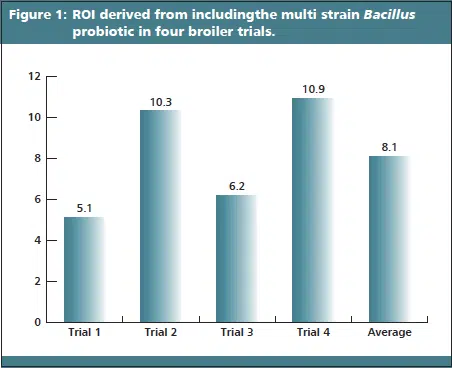 | 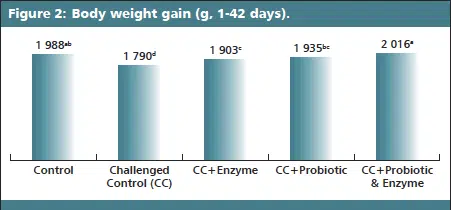 |
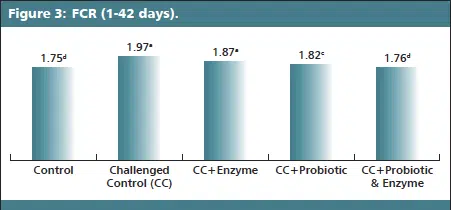 | 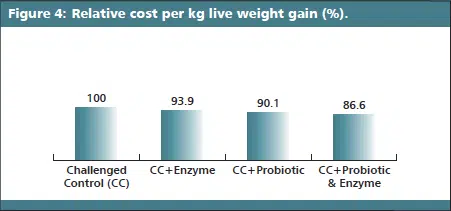 |
There is an increasing body of research on the influence of gut microbial ecology on the health and performance of the bird. Research confirms that changes in the microbial diversity or balance of the avian gut are often associated with disease and poor performance. A significant increase in feed additive registrations (within the EU), in the category of “gut flora stabiliser” further supports this. Two of the more popular categories of additives within this category are probiotics and prebiotics.
Prebiotics have been described as non-digestible food substances that selectively stimulate the growth of favourable species of bacteria in the gut, thereby benefitting the host. Probiotics (also called direct fed microbials – DFMs), on the other hand, are live cultures of organisms that can beneficially affect the animal by improving the microbial balance in the gut(2).
Danisco Animal Nutrition has used a microbial ecology platform technology called CSI to understand and develop gut microbial solutions. This has resulted in a unique probiotic strain selection and formulation process based on an understanding of the bird’s microbiome; specifically, the number, pathogenicity and genetic diversity of C. perfringens (Cp) and avian pathogenic E. coli (APEC)(1).
The role of probiotics in poultry diets
Probiotics are either sporulating (spore-forming) or non sporulating (asporogenous). Sporogenous probiotics can be administered through heat treated feed due to their high stability, whereas non-sporulating probiotics are typically limited to water application. Sporogenous probiotics administered as spores are likely to be of the genus Bacillus. Within current US guidelines are several Bacillus species allowed for feed use in poultry including Bacillus subtilis. Sub speciation occurs within Bacillus subtilis, and there are thus a collection of different subtypes called strains. It is at this level that Danisco Animal Nutrition has focused its research and development to formulate a unique and targeted probiotic solution for poultry.
Chemuniqué empowers feed and food producers with the most innovative animal performance solutions, enabling our clients to consistently advance the efficiency of production.
